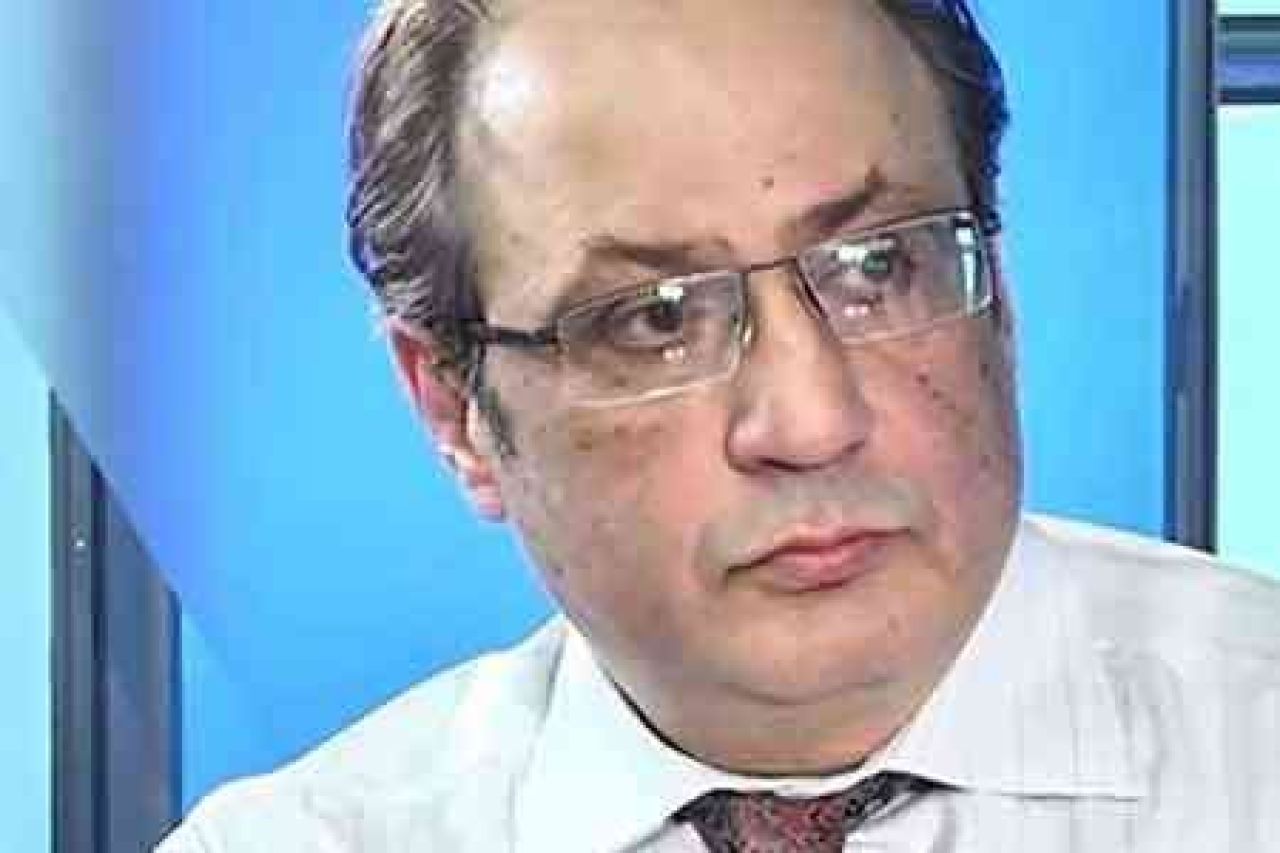Expert: Most acceptable option for construction of new nuclear power unit for Armenia is Russian-deigned projects։ ArmInfo

Armenia will not give up nuclear energy; this is a requirement of the country's Energy Security Strategy until 2040. UN National Expert on Energy Ara Marjanyan expressed such a belief in a conversation with the ArmInfo correspondent, commenting on yesterday's statement by RA Prime Minister Nikol Pashinyan during the live broadcast.
In particular, the head of the Armenian government noted that Armenia is negotiating with partners from the Russian Federation, the USA, and South Korea regarding the construction of a new nuclear power plant unit. "Armenia is faced with the task of building a new power unit of a nuclear power plant, and today we are negotiating with partners from Russia, the USA, Korea and are trying to understand what proposals will be beneficial for us from a commercial point of view and from an efficiency point of view," PM Pashinyan said, adding that the Armenian side, in particular, is interested in new technologies for modular reactors. He recalled that back in June, representatives of the Ministry of Territorial Administration and Infrastructure of Armenia visited the United States to discuss these issues. "We should decide which option is beneficial for us and we will choose the most acceptable option," PM Pashinyan said
In this regard, Mr. Marjanyan recalled that recently the American NuScale Power company, with which negotiations were actually held, announced the abandonment of plans to build the first nuclear power plant of its kind in Idaho, the VOYGR-6 project, consisting of 6 units of 77 MW each, with a total capacity of 462 MW. However, Mr. Marjanyan believes that even despite this circumstance, he pressure on Armenia to abandon Russian-designed projects will continue. "As for small modular stations, they are only on paper, they are practically not in operation, and, as a result, there is no way to assess the level of their safety and efficiency," the expert noted.
Mr. Marjanyan emphasized that the most acceptable option for the construction of a new nuclear power unit for Armenia, is the Russian-designed projects, which have proven their safety and efficiency not only in the post-Soviet space, but also in many countries of the world, including Europe. "I should note that recently a round table was held in Yerevan on the problems of Armenian nuclear energy, in which prominent scientists and specialists in this field took part. Based on the results of the discussions, the effectiveness of the Russian VVER-type power unit, which is familiar to Armenian specialists and which is capable of operating for 100 years, was proven," the expert noted.
Answering the question of how a Russian reactor with a capacity of 1200 MW will fit into the energy system of Armenia, the installed capacity of which does not exceed the same 1200 MW, t Ara Marjanyan noted that experts also touched upon this problem during the round table. It was proven that with the construction of the Iran-Armenia-Georgia power line, these capacities will not become a hindrance, since it will be possible to carry out direct flows and sell excess electricity.
The expert believes that the price of a new 1,200 MW reactor will not be a hindrance. There are numerous possibilities to resolve this issue, including the units financing scheme in Belarus.
Earlier, Advisor to the General Director of the Armenian Nuclear Power Plant, Gera Sevikyan, reported that a fundamental decision had been made to build a new unit in the country using the Russian TOI reactor with a capacity of 1200 MW. But, as Minister of Territorial Administration and Infrastructure of the Republic of Armenia Gnel Sanosyan subsequently noted, the construction of a unit of such power is fraught with problems, since the capacity of the entire energy system of Armenia is still the same 1200 MW. "We should make a decision on the type of reactor by the end of 2023," the minister emphasized.
Currently, only the second power unit of the ANPP is currently operating. The program of the Armenian government provides for the extension of its service life until 2036, as well as the phased commissioning of new units.